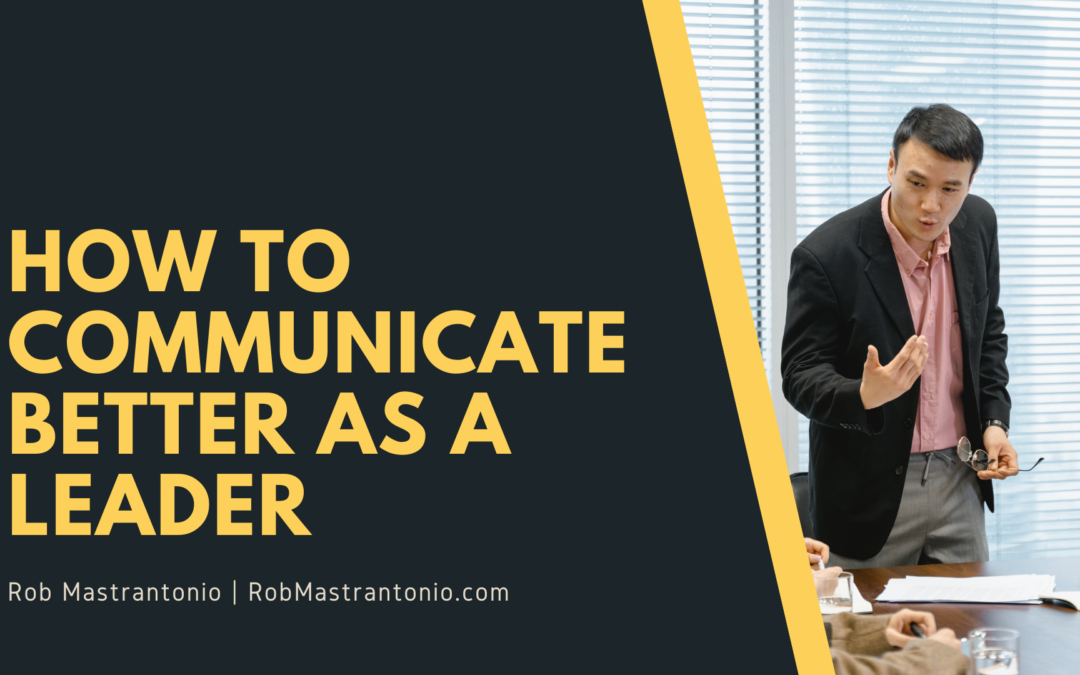In the realms of leadership, good speakers come a dime a dozen. However, among those who know how to talk the talk, only a fraction of them can actually sport the label of an effective communicator. Effective communicators understand that hearing is equally as important as being heard. With this in mind, they are able to build effortless bonds with others, earn the respect of their peers and team members, and meet their goals more efficiently. And while this skill isn’t always innate, it can definitely be developed over time in a few actionable steps.
Practice Active Listening
Active listening is a tool that most effective leaders swear by because it reassures others that they are being both heard and valued as they convey their messages. A person who has mastered active listening understands the importance of giving eye contact, providing feedback at appropriate moments, asking open-ended questions, and gesturing to confirm that the speaker’s messages are being well-received without interrupting them or stealing the moment.
Stay Present in the Moment
Distractions are literally everywhere. There is always something else going on or another task that is nearing its deadline. Emails will always be incoming, and a new text message will always be awaiting a response. But, as a good communicator, one must fight through the noise to stay present and fully focused on the conversation at hand. When undivided attention is placed on one thing at a time, it is much easier to capture the moment and address the situation to its fullest without letting anything go amiss.
Give and Provide Feedback
Leaders are not only teachers but also lifelong learners. So, the value of feedback, especially as it relates to effective communication, should never be underestimated. Feedback allows everyone the opportunity to share constructive criticism and compliment others on a job well done. When carried out tactfully, these extra notes can clarify misunderstandings and reduce tensions so that greater issues are far less likely to occur down the road.
To attain longevity as a leader, becoming an effective communicator is a must. But, as it turns out, it doesn’t take all that long to reverse many of the bad communication habits that keep many leaders from fulfilling their true potential, giving anyone who is willing to do the work the ability to lead from a more powerful place.
